Boston's Safety Advisory Group (SAG)
Event Management Plan and Risk Assessments
Large and major events should be backed up by an Event Management Plan which covers all the safety and organisational aspects of the event.
Event Notification Form
The Event Notification Form provides details of your proposed event to enable SAG members to offer support and advice.
Lincolnshire Event Safety Partnership
Lincolnshire Event Safety Partnership (LESP) exists to provide advice to local events Safety Advisory Groups (SAG) to enable them to provide proportionate, timely, accurate and consistent guidance and advice to event organisers enabling them to hold safe events.
SAG Members
The core members are committed to aid the Group in supporting event organisers to stage safe, sustainable and successful events.
The Role of SAG
SAGs are a group of professionals from the statutory agencies whose role is to provide competent and consistent advice on event safety to event organisers and venues.
Why we advise event organisers to contact SAG
It is strongly recommended that organisers contact the group at the initial stages of the proposed event, this can save time and money for them in the long run by ensuring the correct advice is received.




